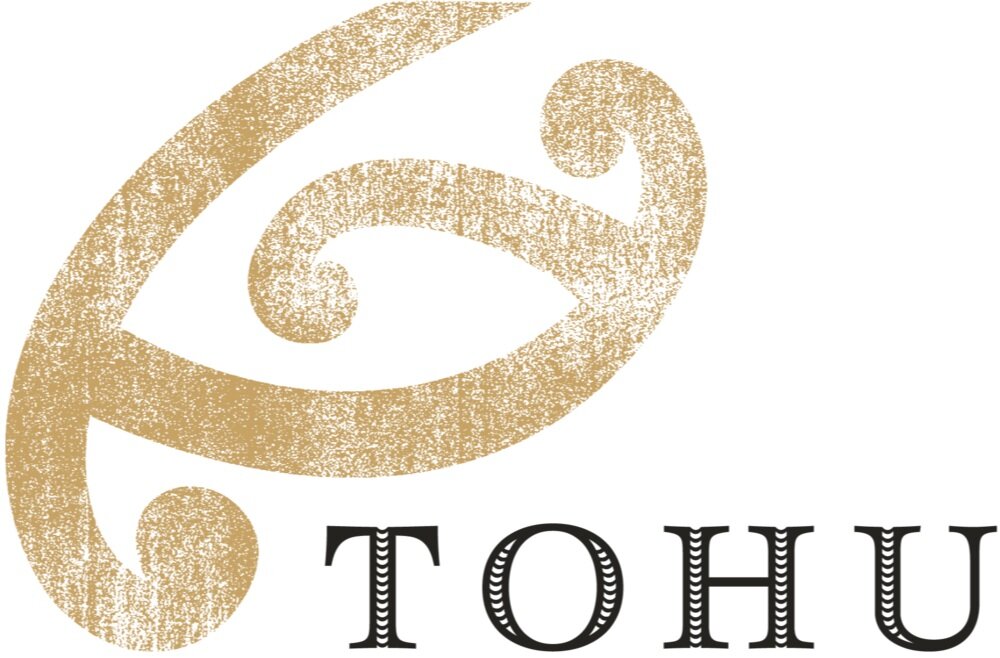Wine part of Maori business portfolio
The evolution of New Zealand's first Maori-owned wine company from a good idea to a success story.
Okay. You've heard it all before. But it's a story worth retelling, this time in greater detail, because it involves the evolution of New Zealand's first Maori-owned wine company from a good idea to a success story which reflects great credit on everyone involved.
And particular credit on a Maori go- getter named James Wheeler, who I first met when he was still a kid at school.
We did not meet again until many years later - me, a wine writer, he a former HR man with one of New Zealand's biggest tyre-makers and a veteran of 25 years as a part-time soldier who was now travelling the country selling Tohu wines.
In fact, he was essentially Tohu Wines, having been in on the act from the start when his family wondered out loud how it could broadcast its culture to the world and hit on the idea of putting its story, and that of Maori, on the back of a bottle of wine.
The question was how, which led to the involvement of the extended family - a group of four iwi (tribes) involved in the Wakatu Incorporation, which was looking to make the best possible use of its land holdings at the top of the South Island, including Marlborough.
The result was Tohu Wines which in its original form involved two other Maori groups and was launched in 1998 using contract-grown grapes and winemakers.
It was driven originally by Wheeler and his wife Robyn from an office set up in the spare bedroom of their home in Lower Hutt.
And it was from here the imposing figure of the Maori go-getter, smartly dressed in black with a bone carving around his neck, introduced Tohu to New Zealand and, with the assistance of Trade New Zealand, took it to the world.
It's success was immediate and spectacular, especially in the market at which it was aimed.
By 2003, Tohu had lifted its overseas earnings to $4 million a year, picking up a Trade New Zealand award in the process and encouraging its boss to aim for $20 million by 2007.
Given some of the problems since faced by the wine industry that proved to be a bit ambitious but growth, particularly in export markets, has continued. In 1998 Tohu produced just 3200 cases of wine. Today, it is part of Kono, which combines the Wakatu Incorporation's beverage and food businesses and this year expects to produce 150,000 cases of wine (around 80 per cent will be exported) and earn up to $15 million.
Kono has its own vineyards in Marlborough and Nelson, and a winery in the Awatere Valley which produces the Tohu, Aronui and Kono labels.
And James Wheeler?
He is now deputy chairman of the Whakatu Incorporation and a board member of Kono Beverages, who says: "I am proud of what we've done".
And so he should be.
Some new releases from Kono:
Tohu Mugwi 2012 Reserve Sauvignon Blanc, $29.95
A barrel-fermented wine that brings a new dimension (as do they all) to sauvignon blanc. In this case it's a richness, roundness and a variety of characters more closely associated with chardonnay - butterscotch, meal and biscuit - with layers of fruit. Lovely food wine.
Tohu 2013 Awatere Valley Pinot Gris, $21.95
An attractive pinot gris, made this year from fruit grown in the cooler part of the Awatere Valley. Built around fresh pears and a medley of stonefruit shot with minerals. Tastes good and feels good as it flows easily across the palate. Off-dry.
Aronui 2012 Single Vineyard Nelson Chardonnay, $24.95
A mouth-filling, assertive citrus and stonefruit chardonnay from the Brightwater region of Nelson. Tempered with a subtle hint of butterscotch and spice. A clean and expressive wine.
- © Fairfax NZ News
